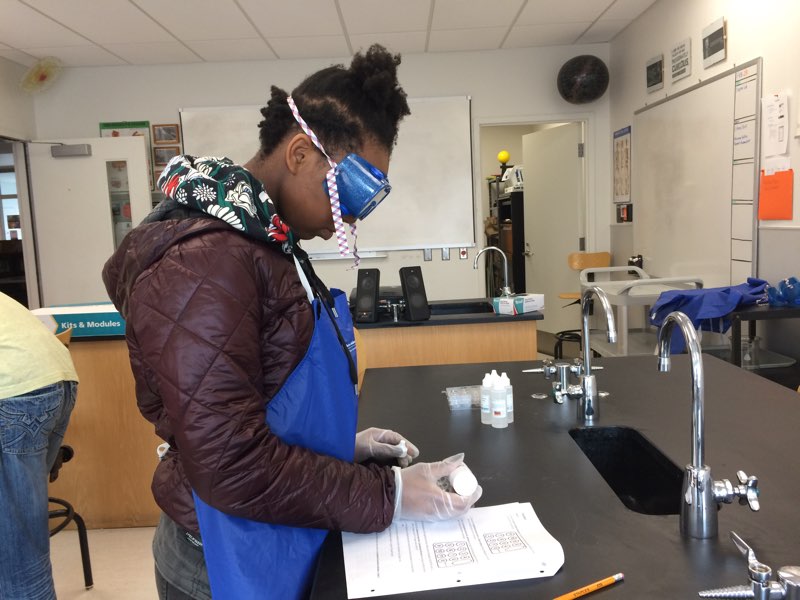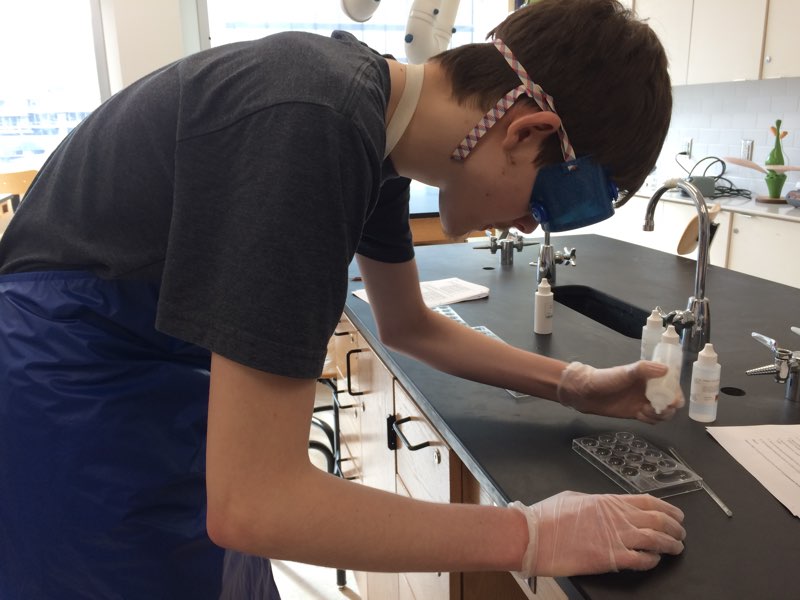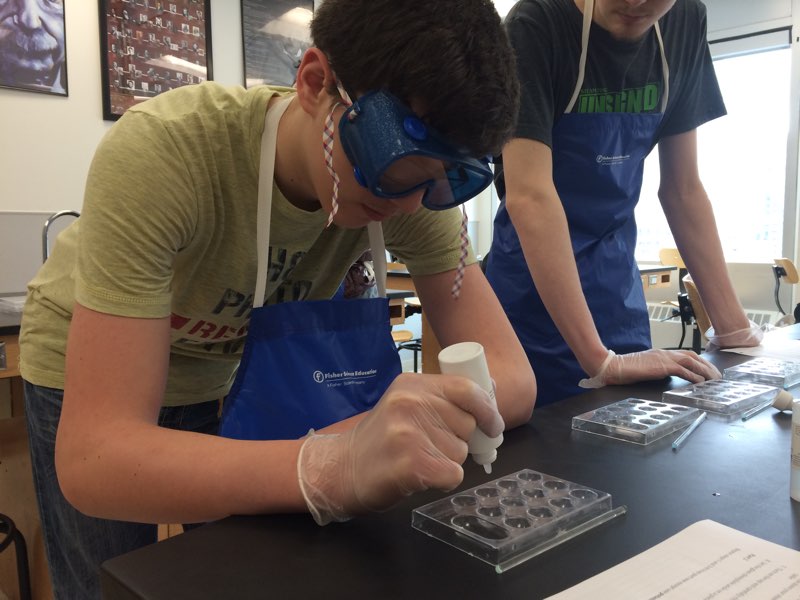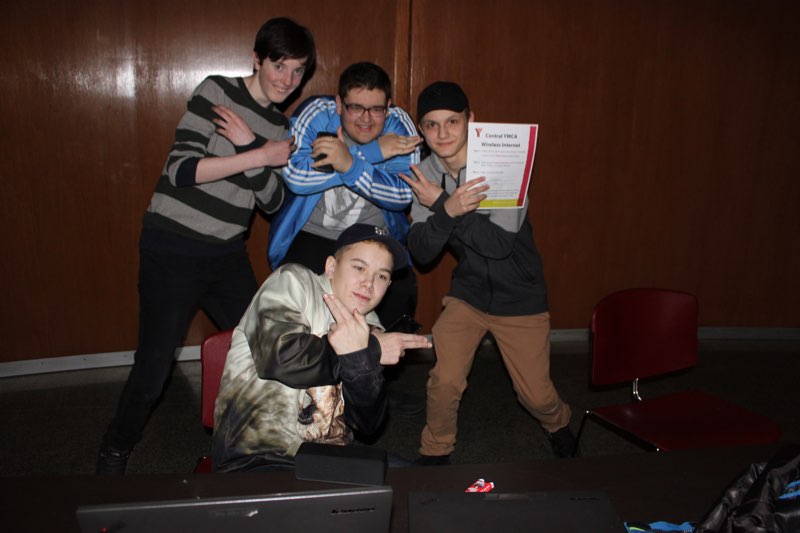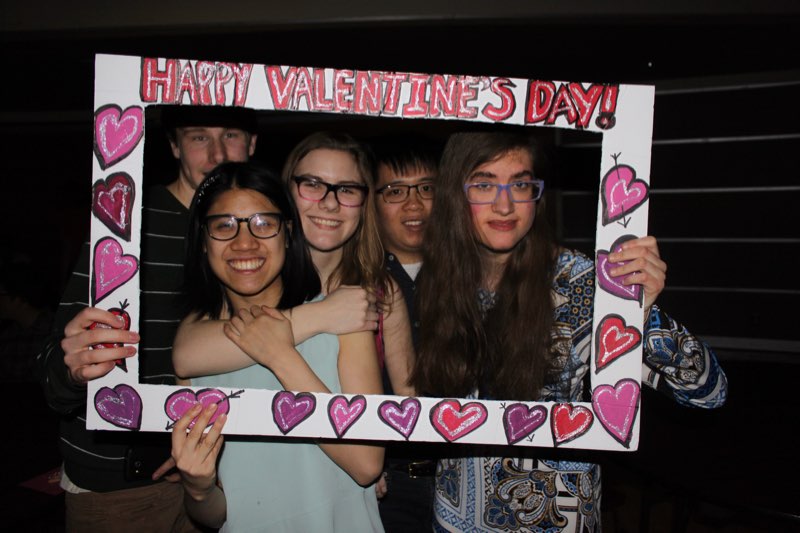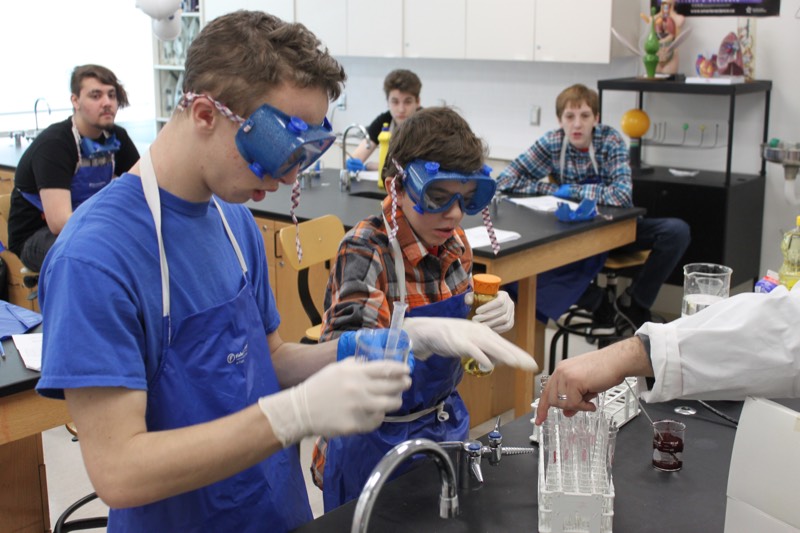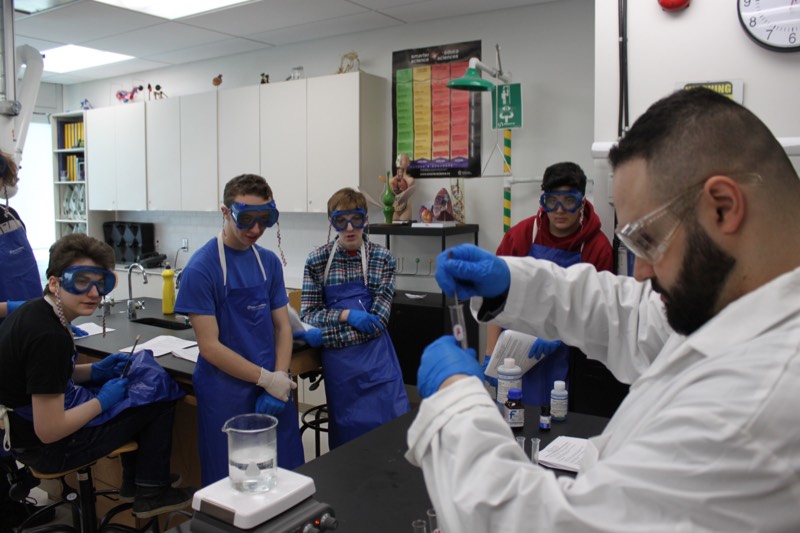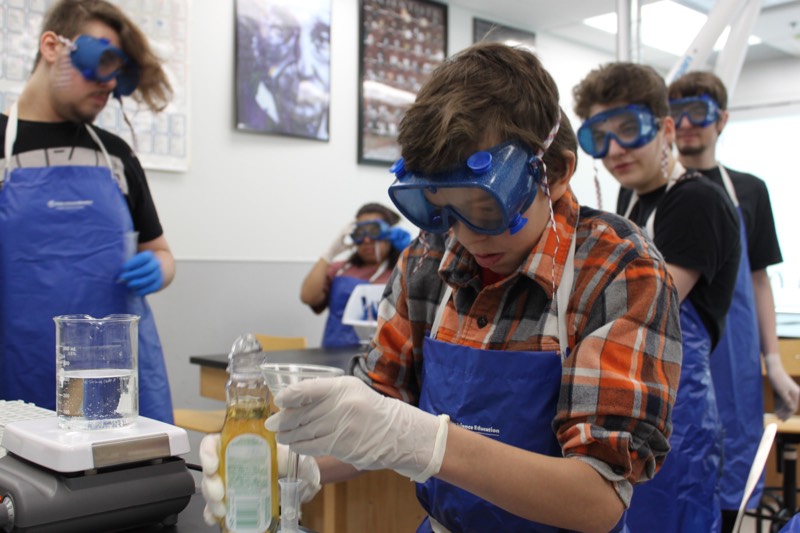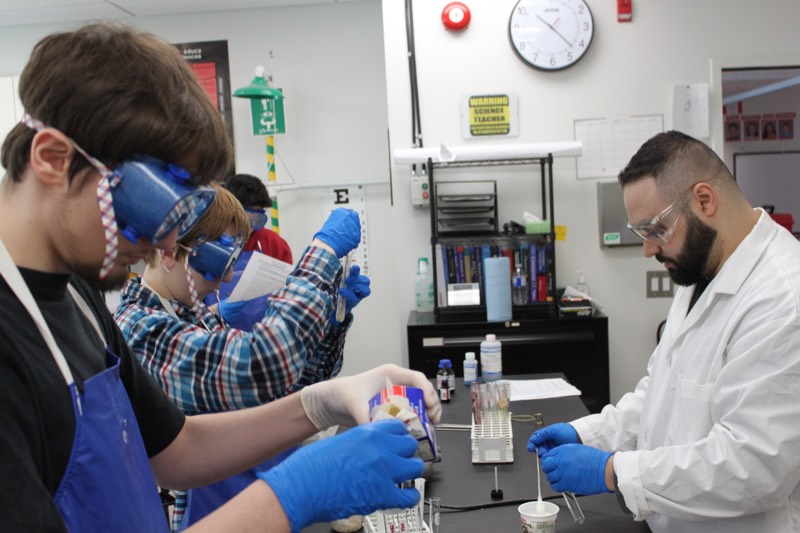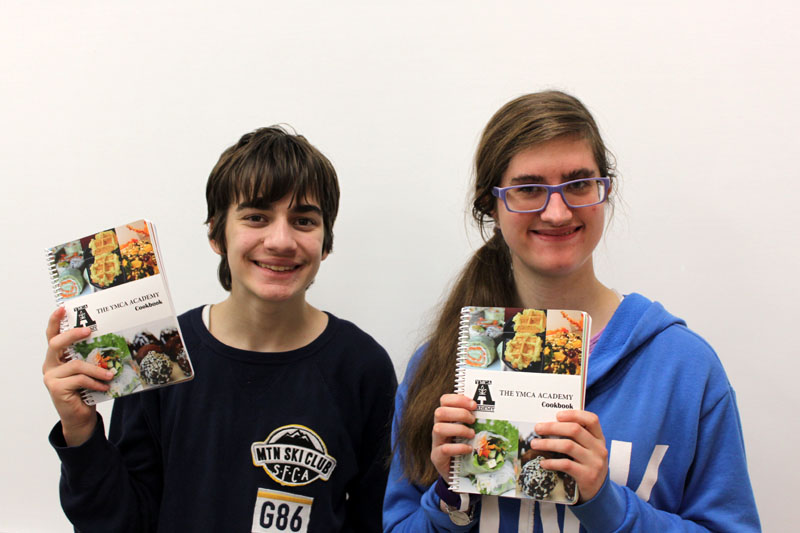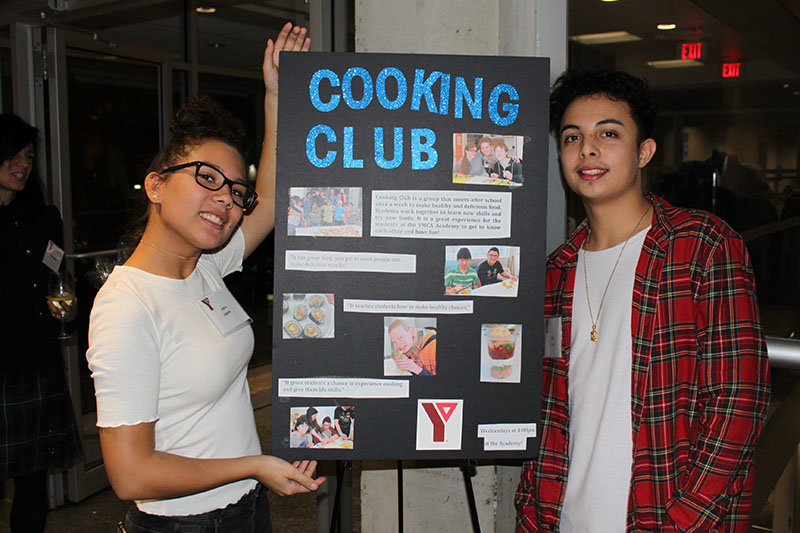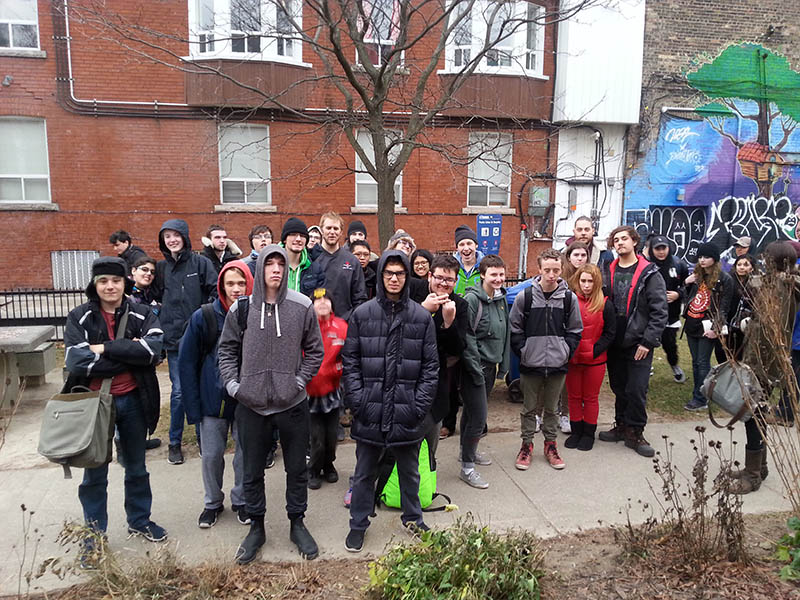On the 28th of November 2016, the International Union of Pure and Applied Chemistry (IUPAC) approved the name and symbols for the four new elements that had been previously discovered during the past few preceding years: nihonium (Nh), moscovium (Mc), tennessine (Ts), and oganesson (Og), respectively for element 113, 115, 117, and 118. The periodic table of element was first organized into its modern form by the Russian chemist Dimitri Mendeleev in 1863.
Mendeleev noticed that 56 known elements of his day displayed more than the simple pattern of increasing in atomic mass. He realized that groups of elements had similar physical and chemical properties that they shared with one another, despite having different atomic masses. He used his newly formed period table to correctly predict the properties of eight elements that had not yet been discovered!
Using their knowledge of the periodic table and understanding that elements in the same groups/families on the periodic table share similar physical and chemical properties, the grade 9 science class put their scientific investigation skills to observe four sets of chemical reactions to determine which solutions belonged to the same family on the periodic table.
Students reacted silver nitrate separately with potassium chloride, potassium iodide, potassium bromide and potassium sulfide. After reacting the solutions, student recorded their observations and applied their knowledge and understanding of the periodic table to figure out which of the potassium solutions (if any) were part of the same group/family.

